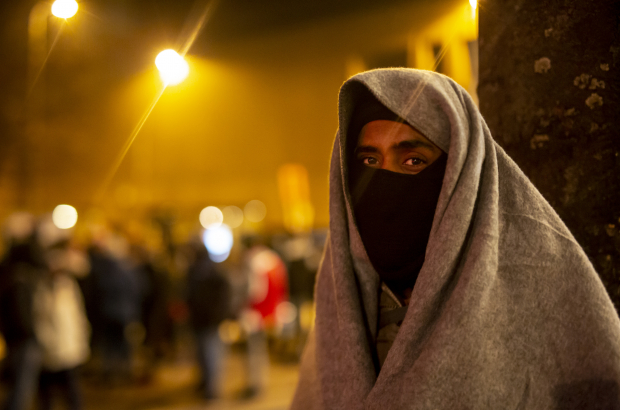- Daily & Weekly newsletters
- Buy & download The Bulletin
- Comment on our articles
Report to UN shows Belgium failing to meet many human rights obligations
Belgium is not yet adequately protecting human rights, according to anti-discrimination organisation unia, the Belgian Federal Migration Centre (Myria) and the country’s Anti-Poverty, Risk and Social Exclusion Service in a report presented to the United Nations.
The three organisations on Thursday gave a mixed assessment of Belgian policy ahead of the UN's Universal Periodic Review, which assesses the protection of human rights in member countries every five years.
In 2015, during the Universal Periodic Review, Belgium told the United Nations Human Rights Council that it was commited to improving the human rights situation in the country. Efforts have been made, such as the recent launch of the first steps of a National Action Plan against Racism and the reduction in the number of people interned in prisons without adequate psychiatric care.
However, Myria, Unia and the Anti-Poverty Service believe that Belgium can do better. The report points out that some of the commitments have still not been met. “For us, the protection of human rights remains insufficient,” said Patrick Charlier, director of Unia. "We recognize that some progress has been made, but more needs to be done.”
“For example, Belgium has not yet passed the law that will allow the country to implement the Optional Protocol to the Convention against Torture, nor has it taken sufficient measures to combat human trafficking,” he continued. “In addition, most social benefits are still below the poverty risk line. They have not been increased to ensure an income that facilitates a dignified life.”
Henk Van Hootegem, coordinator of the Anti-Poverty, Risk and Social Exclusion Service, addressed the subject of justice: "Many measures have made justice less accessible to vulnerable groups,” he said. “It is unfortunate because it is essential to have access to the courts to assert your rights. Recent legislative changes to increase the income threshold for access to second-line legal aid, however, are a positive.”
In the same context of police and justice, Koen Dewulf, director of Myria, insisted on the right to complaint for foreigners without legal residence when they become victims of violence or crime. They rarely dare to complain to the police because they run the risk of being arrested or deported.
Finally, the report recommends “assessing the impact of the management of the Covid-19 crisis on the various fundamental rights and correcting these negative consequences in consultation with civil society.”
“With Covid-19, in a context marked by growing socio-economic inequalities and migration, we see how fundamental human rights play a role in our daily lives,” the authors of the new report wrote.
The three institutions have sent their report to the UN, which will conduct a review of human rights protection in Belgium in April 2021.














